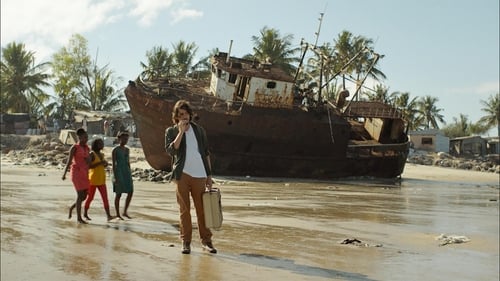
Producer
Как снять фильм в стране, теряющей свою идентичность? Этот вопрос стоит перед Фернандо, разорившимся 30-летним белым режиссером из Бразилии.

Production Director

Assistant Director
Between 1969 and 1974, Manuel Vicente designed and built a house in Cascais, for the Weinstein family. From the street, The Weinstein House is an almost blind façade, covered in stone, from which an abstract bow window protrudes. This window, along with the house’s deep-set entrance, adds a central touch of colour and mystery to the composition. Shaped as an “L”, the house opens to a small backyard, thus creating a more private dialogue with the garden. The formal, yet paradoxically unconventional, plan of the house keeps us almost exclusively in the upper level, an exquisitely lit mazelike space.

Screenplay
Filmed in Vill'Alcina, A CASA DO LADO presents some narratives that are associated with a work that has marked successive generations of architects.

Director
Filmed in Vill'Alcina, A CASA DO LADO presents some narratives that are associated with a work that has marked successive generations of architects.

Producer
Filmed in 2012 at Piscina das Marés, a building designed by Álvaro Siza Vieira (renowned Portuguese architect) in the early 60's of the 20th century, “SIZIGIA” seeks to use moving images, not only as a method of representing architecture, but as a process of space investigation that explores its narrative qualities and the sense of place created by use, the materials, the light and the sound.

Writer
Filmed in 2012 at Piscina das Marés, a building designed by Álvaro Siza Vieira (renowned Portuguese architect) in the early 60's of the 20th century, “SIZIGIA” seeks to use moving images, not only as a method of representing architecture, but as a process of space investigation that explores its narrative qualities and the sense of place created by use, the materials, the light and the sound.

Director
Filmed in 2012 at Piscina das Marés, a building designed by Álvaro Siza Vieira (renowned Portuguese architect) in the early 60's of the 20th century, “SIZIGIA” seeks to use moving images, not only as a method of representing architecture, but as a process of space investigation that explores its narrative qualities and the sense of place created by use, the materials, the light and the sound.






